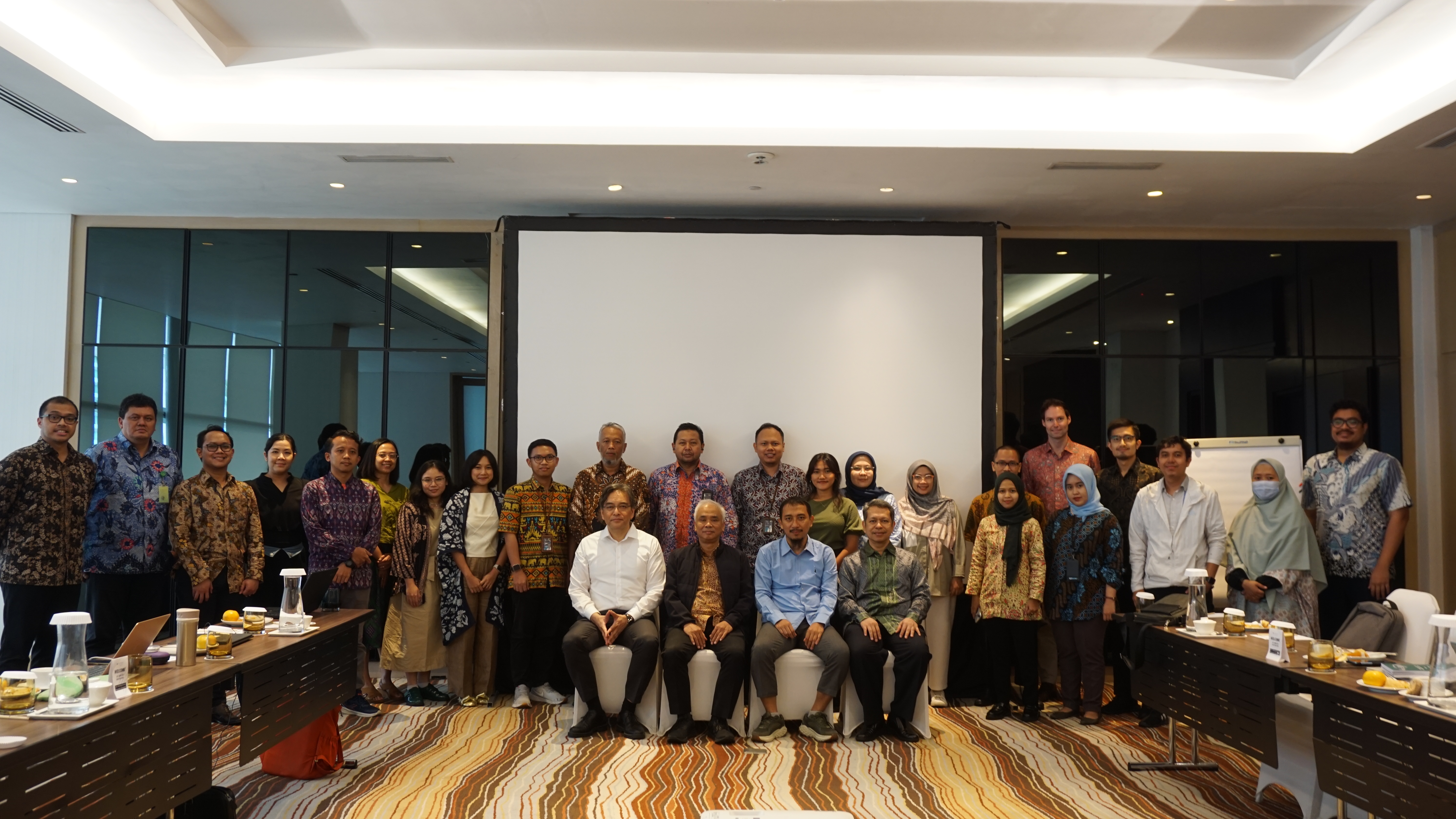Floating Solar Power Plants Potential for Indonesia’s Path to Energy Transition and Carbon Trading
Global Green Growth Institute (GGGI) supports the Government of Indonesia in identifying potential greenhouse gas emission reductions from floating solar power plants. It is hoped that such emission reductions can be eligible in international carbon trading, where the decision to transact remains determined by the government.
GGGI’s support comes in the form of a technical study to explore carbon financing opportunities through the Designing Article 6 Policy Approaches (DAPA) project, funded by the Norwegian Ministry of Climate and Environment, and the Renewable Energy–Accelerated Transition (RE-ACT) project, funded by the New Zealand Ministry of Foreign Affairs and Trade. The two initiatives support the Coordinating Ministry of Economic Affairs and the Ministry of Energy and Mineral Resources (MEMR).
The initiation of the study was marked by a kick-off meeting in Jakarta, attended by various ministries. The study’s objective is to identify the Internationally Transferred Mitigation Outcomes (ITMOs) that can be traded under Article 6.2 of the Paris Agreement, which falls under DAPA’s project goal.
According to the United Nations Framework Convention on Climate Change (UNFCCC), Article 6 enables international cooperation to tackle climate change and unlock financial support for developing countries. This means that, under Article 6, countries are able to transfer carbon credits earned from the reduction of greenhouse gas emissions to help one or more countries meet their climate targets.
The study will target floating solar power plants, or photovoltaics (FSPV), in dams managed by the Ministry of Public Works and Housing (MoPWH). At the meeting, GGGI Indonesia highlighted the identification of FSPV project opportunities in dams, followed by an assessment of how carbon financing can help the business case of projects less likely to be commercially viable, such as floating solar PV.
Indonesia has considered FSPV a feasible alternative to support its energy transition efforts. FSPV utilizes water bodies to install solar power grids – an advantage that the country can tap into, given its archipelagic state and abundance of water bodies. However, several barriers hinder FSPV deployment, including regulatory, technical, and commercial challenges.
Through a series of similar consultations, GGGI’s RE-ACT project will support the MEMR in updating the Ministry’s 2021 FSPV Planning Guidance document. The guideline will elaborate the technical, environmental, and cost analyses for deploying floating solar PV projects that are sustainable and inclusive and, at the same time, help mobilize public and private investment for such projects. Establishing clear and supportive regulations will be crucial in unlocking the full potential of FSPV and accelerating Indonesia’s transition to a sustainable energy future.
At the event, MEMR’s Directorate of Various New and Renewable Energy also emphasized the importance of fulfilling Indonesia’s Nationally Determined Contribution (NDC), or its climate target, in the energy sector before considering the trading of the sector’s mitigation outcomes sourced from floating solar power plants.
The initiative’s outcome will result in actionable insights that will drive floating solar PV development and contribute to Indonesia’s energy transition and climate ambitions.




